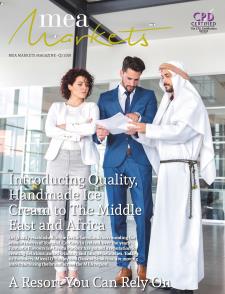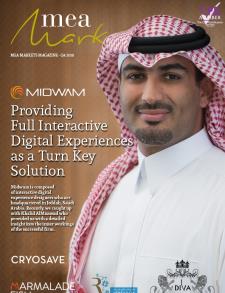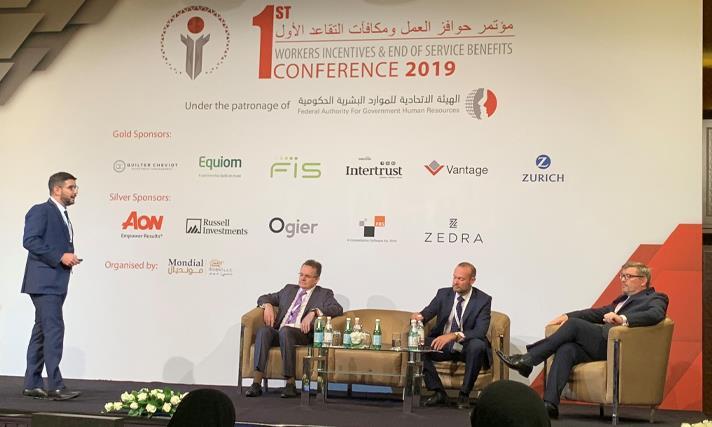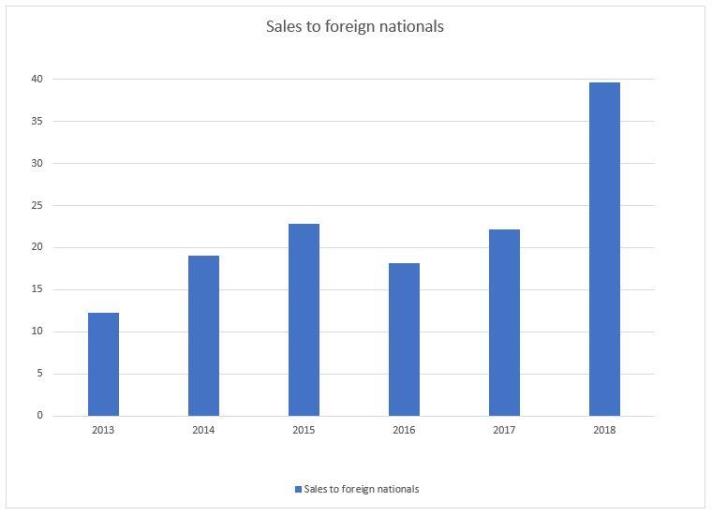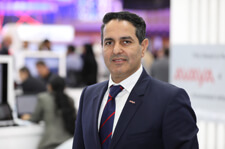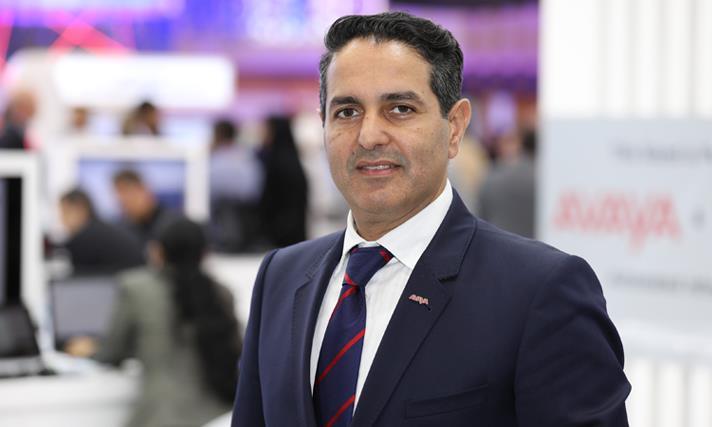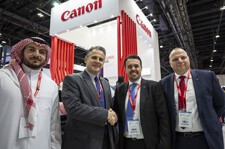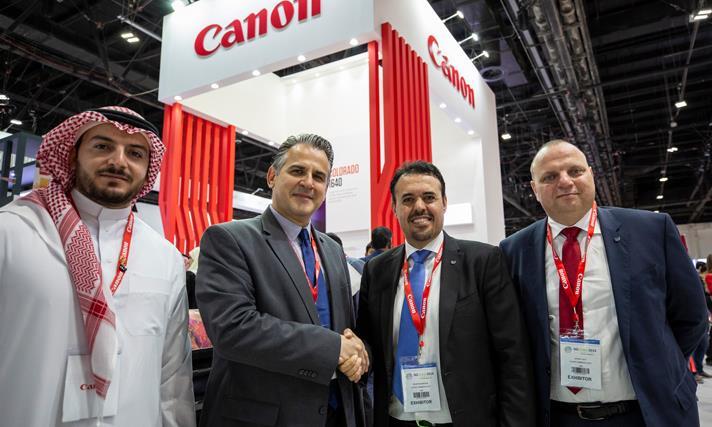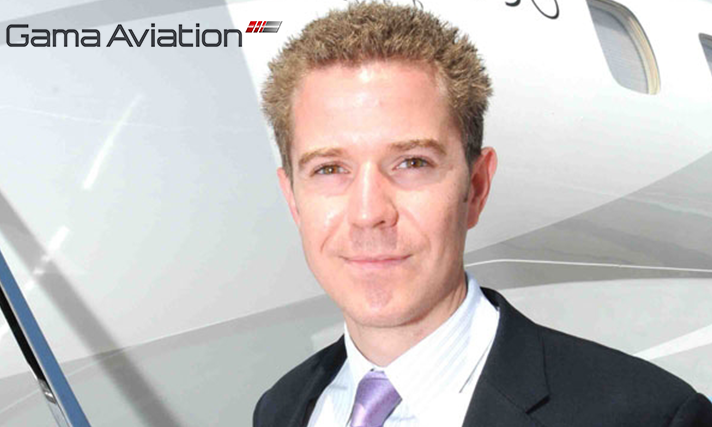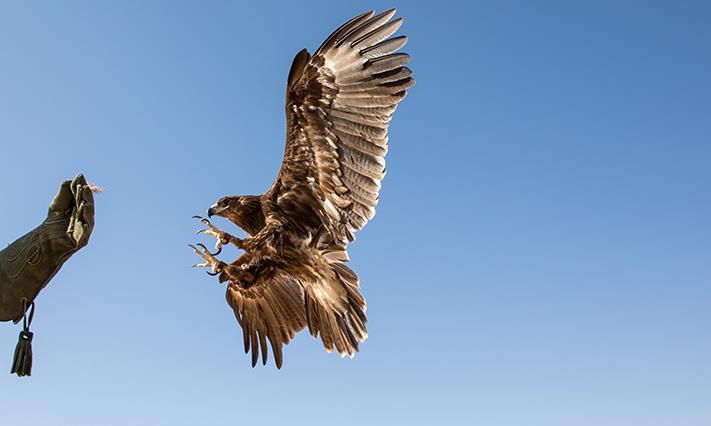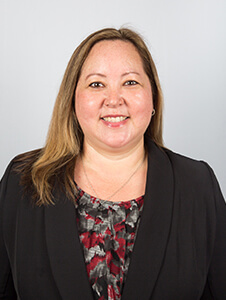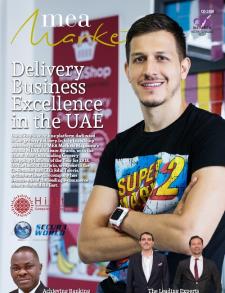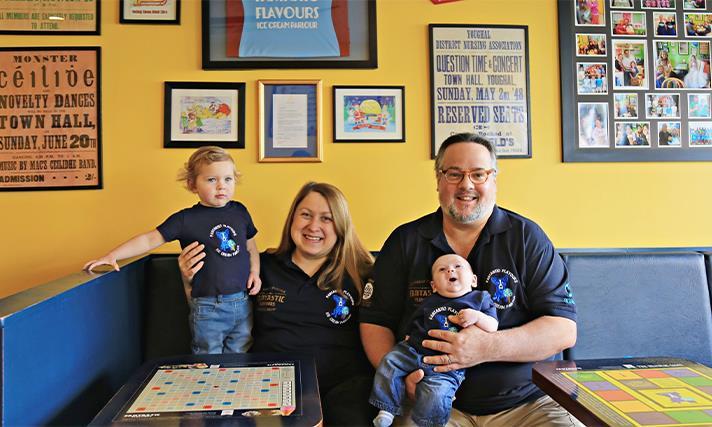
Introducing Quality, Handmade Ice Cream to The Middle East and Africa
Originally established in the fertile farmlands surrounding the seaside resorts of Youghal, Co. Cork in Ireland, over the years Fantastic Flavours Ice Cream Parlour has gained a reputation for creating delicious, award-winning and unique delicacies. Today, its Founders, Mice’l O’Hurley and Oksana Shadrina, are moving into franchising the brand across the MEA region. Bringing their handcrafted flavours to the Middle East through an un-traditional approach to franchising, the pair have a truly spectacular vision, as MEA Markets Magazine is excited to explore.
Drawing on Mice’l’s heritage, Fantastic Flavours Ice Cream Parlour combines the American-diner style of d’cor with handmade, artisan ice cream made fresh on-site daily, to create an innovative space for those seeking gourmet ice cream served in a friendly setting.
Through his military and government service, and working as a legal mediator, Mice’l has vast experience travelling the world and working in multi-cultural environments. Along the
The Emerald Island (as Ireland is called), unlike others such as Italy, the United States and the UK, never developed a culture dedicated to producing and consuming real, handmade ice cream. Owing to various factors, including rationing, reduced labour and general hardship, during the Second World War, what industry there was died out. This is why Fantastic Flavours dedication to artisan quality and handmade ice cream was a revolutionary new concept for Ireland when they opened their doors in 2013. Mice’l, who, alongside his wife Oksana, felt the time was right to create a parlour dedicated to fresh ice cream, which comes in innovative flavours to suit every palate.
Today, there are ‘More than 42 Flavours’ on offer, and each scoop of ice cream is handmade on the premises. Thanks to the phenomenal success of the shop in Ireland, Mice’l and Oksana
The idea for this latest venture came about as a result of the pair’s extensive travel throughout both the Middle East and Africa. Having sampled many dishes during their travels and met many fascinating people, Mice’l and Oksana decided that they would like to incorporate the diverse range of cultures and cuisines that they experienced into their ice creams. Rather than simply bringing a taste of the Middle East back to their Youghal shop, they are keen to move into the region and create a franchise like no other before it.
Whilst many ice cream franchises traditionally sell mass-produced ice cream that is simply shipped to their store to be served by the
The Fantastic Flavours franchise difference is based on creating the ‘local artisan caf’ experience with all the benefits, brand recognition, quality control, training and
A key selling point of the brand is its delicious ice cream is produced using time-honoured recipes which incorporate local ingredients wherever possible. Therefore, Fantastic Flavours franchises will support the local economy by creating jobs and sourcing local ingredients from suppliers within their region wherever possible. At the same time, franchises will also ensure that the products it sells are priced appropriately for the region, making luxury ice cream accessible to everyone. By not having to purchase bulk inventory from central warehouses and producing the ice cream on-site using local ingredients, franchisees will escape tying-up their money with expensive inventory and properties with large freezer storage-rooms and can instead focus on the customer experience which drives
These values are the same as those by which Mice’l and Oksana created their original shop over six years ago. Franchises will also work towards the same Fantastic Flavours mission: to create and serve handmade, artisan ice cream with excellent customer service in a unique and pleasing setting. By sticking to the basics and focusing on food and service, Mice’l and Oksana are sure that success will follow for their franchises, and they are excited to support them in this exhilarating journey.
Ultimately, Mice’l and Oksana believe that Fantastic Flavours is not so much about
Market research
Contact Information
Company: Fantastic Flavours Ice Cream Parlour
Telephone: +353 (0) 86 107 0017
Website: fantasticflavours.ie

